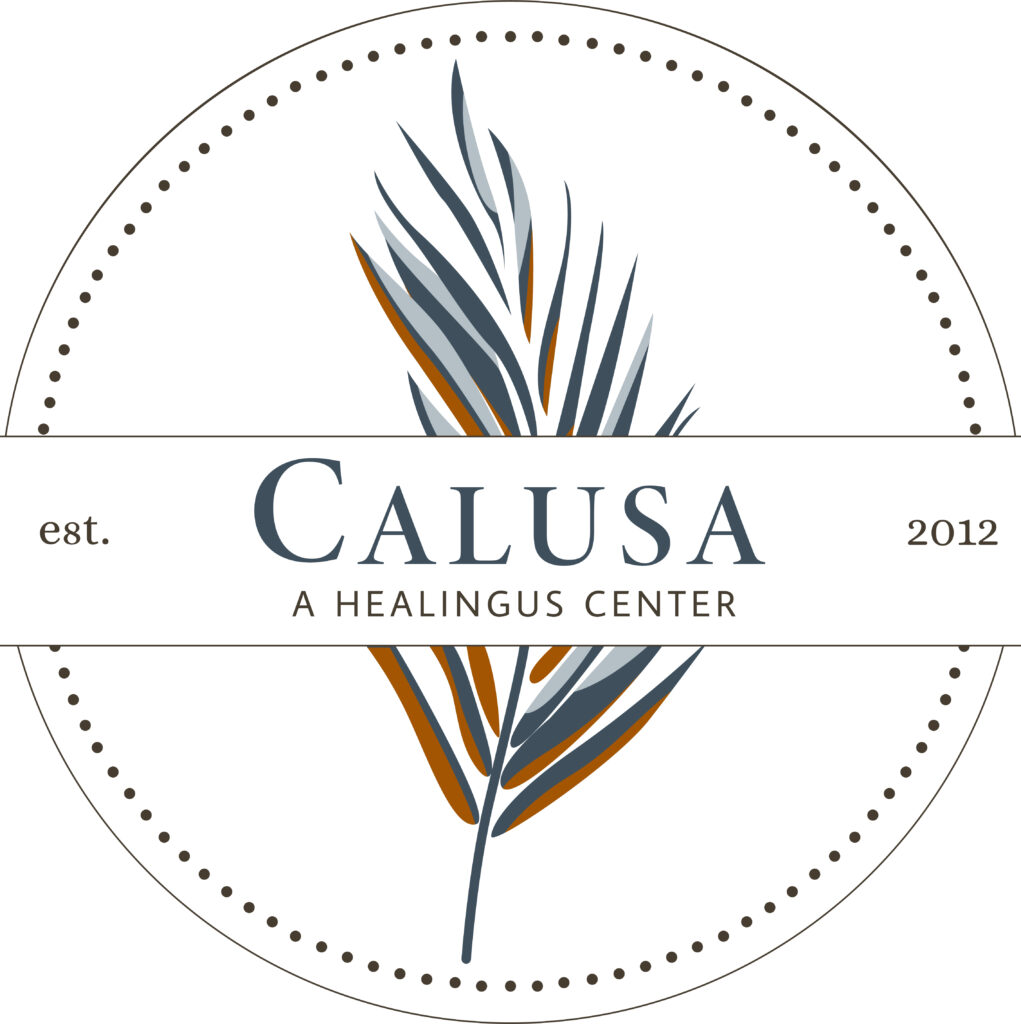Depression is more than just feeling sad or going through a rough patch—it’s a serious mental health condition that can deeply affect your daily life, relationships, and overall well-being. Yet, many people don’t realize they’re struggling with depression until it becomes overwhelming. Recognizing the signs early is crucial to seeking the help and support you need. In this blog, we’ll discuss the top 5 signs of depression and provide actionable steps to guide you toward recovery. If you or someone you know is experiencing any of these symptoms, know that help is available.
1. Persistent Sadness or Hopelessness
One of the most common and defining signs of depression is a continuous feeling of sadness, emptiness, or hopelessness. You may feel emotionally numb or weighed down by an overwhelming sense of despair. This feeling lasts longer than just a “bad day”—it persists for weeks or even months despite changes in your environment.
What to Do:
Start by acknowledging your feelings rather than suppressing them. Journaling your thoughts or talking with a trusted friend can provide temporary relief. However, if these feelings persist, seek professional help from a mental health clinic or counselor. Early intervention can make a huge difference.
2. Loss of Interest in Activities You Once Enjoyed
Depression can rob you of pleasure and excitement in things you once loved—whether it’s hobbies, socializing, or favorite foods. This lack of interest often leads to isolation, which only exacerbates depressive symptoms.
What to Do:
It’s important to push yourself, even gently, to engage in activities and interact with others. Start small, like taking a walk or calling a friend. Consider consulting a therapist for guidance. Therapy can help you rediscover joy step by step, even when things feel impossible.
3. Fatigue or Loss of Energy
Depression isn’t just emotional—it can also impact your physical health by draining your energy. You may feel tired constantly, even without physical exertion, or struggle to get out of bed each day. This fatigue can escalate into a vicious cycle of inactivity, guilt, and worsening depression.
What to Do:
Try to focus on self-care, even in small bursts. Eating nutrient-dense foods and prioritizing sleep can help you manage your energy levels effectively. If fatigue is preventing you from functioning properly, consider consulting a doctor or therapist to rule out any underlying physical health conditions and explore coping strategies.
4. Changes in Sleep Patterns
Sleep disturbances—whether it’s insomnia or oversleeping—are hallmark signs of depression. A lack of quality sleep can intensify feelings of sadness, fatigue, and irritability, contributing to a downward spiral. Depression can make it difficult to regulate your natural sleep cycle, leaving you exhausted or restless.
What to Do:
Develop a healthy sleep routine by going to bed and waking up at the same time every day, including weekends. Screen-free activities, such as reading or meditation, can help promote relaxation before bed. If you’re battling severe sleep disruptions, consult a healthcare professional for treatment options. Therapy and medication can help regulate sleep patterns.
5. Difficulty Concentrating or Making Decisions
Depression can cloud your mind, making it hard to focus, remember details, or even make simple decisions. You may find yourself feeling mentally drained or distracted, which can interfere with your work, studies, or relationships.
What to Do:
Practice mindfulness techniques, such as deep breathing or meditation, to enhance your focus. Create a to-do list with manageable goals to help you organize your day and reduce mental clutter. Therapy can also help address this issue by pinpointing the underlying causes and offering tailored strategies for cognitive improvement.
Depression Is Common—but Help Is Available
You’re not alone in your struggle. According to the World Health Organization (WHO), depression affects more than 280 million people worldwide—and many of them go on to live fulfilling, happy lives after seeking treatment. Treatment can come in many forms, from therapy and lifestyle changes to medication. What’s important is that you take that first step toward getting help.
How to Get Professional Help
If you’re experiencing any of these signs of depression, reaching out for help is crucial. Here are a few steps you can take:
-
- Talk to a Trusted Person: Share your feelings with someone close to you—a family member, friend, or partner. Sometimes, expressing your emotions can help you gain clarity and feel a sense of support.
- Seek Therapy: Therapists specialize in treating depression and can customize strategies to fit your individual needs. Cognitive Behavioral Therapy (CBT) and other proven methods can help you break the cycle of negative thoughts.
- Consider Medical Assistance: If symptoms are severe, speak with a psychiatrist about whether medications for depression might be right for you. Medication is often used in conjunction with therapy for optimal results.
- Join a Support Group: Connecting with others who understand what you’re going through can make you feel less alone. Look for local or virtual support groups for depression.
- Reach Out to a Professional Treatment Program: Depression treatment programs utilize both medication and therapies in order to provide intensive care to individuals who are moderately to severely struggling. If depression is affecting your day-to-day life, then this choice may be best for you.
Take the First Step Toward Recovery with Calusa Recovery
Depression doesn’t have to define your life or stop you from pursuing happiness. At Calusa Recovery, we know how challenging it can be to reach out—but we’re here when you’re ready. Our personalized treatment plans are designed to address the whole person, not just the symptoms, so you can build a sustainable path toward recovery.
Contact us today to learn more about our therapy options and holistic treatment methods for depression. Take the first step toward healing and reclaim your joy. Don’t wait—help is just a call away.
















